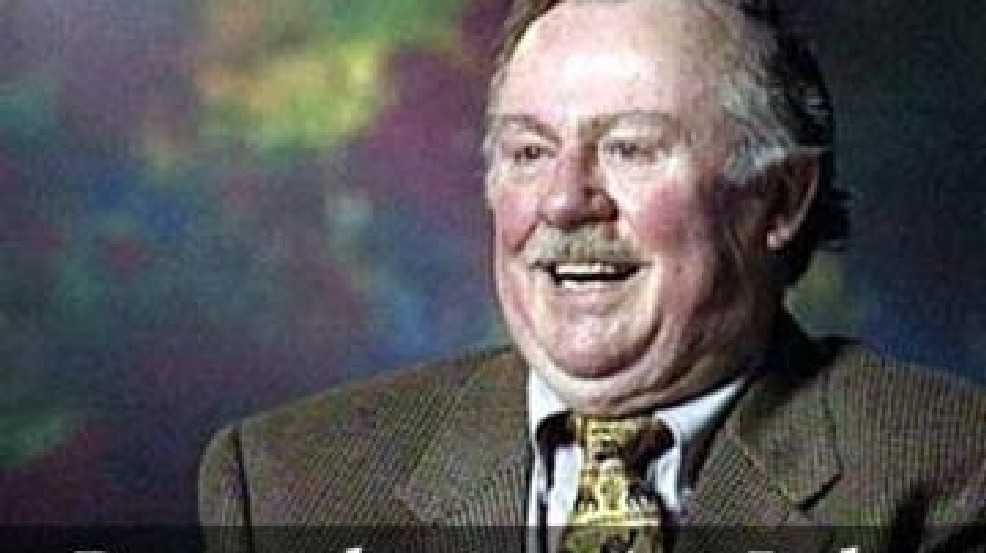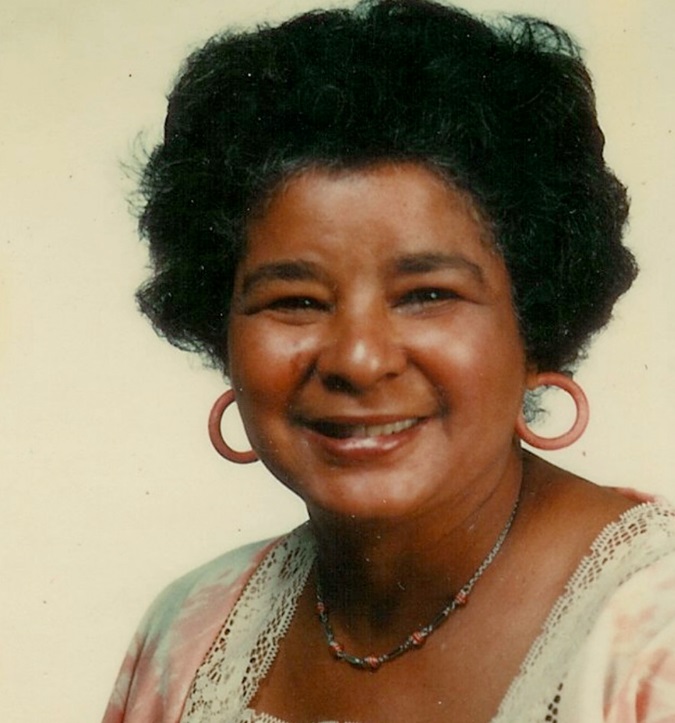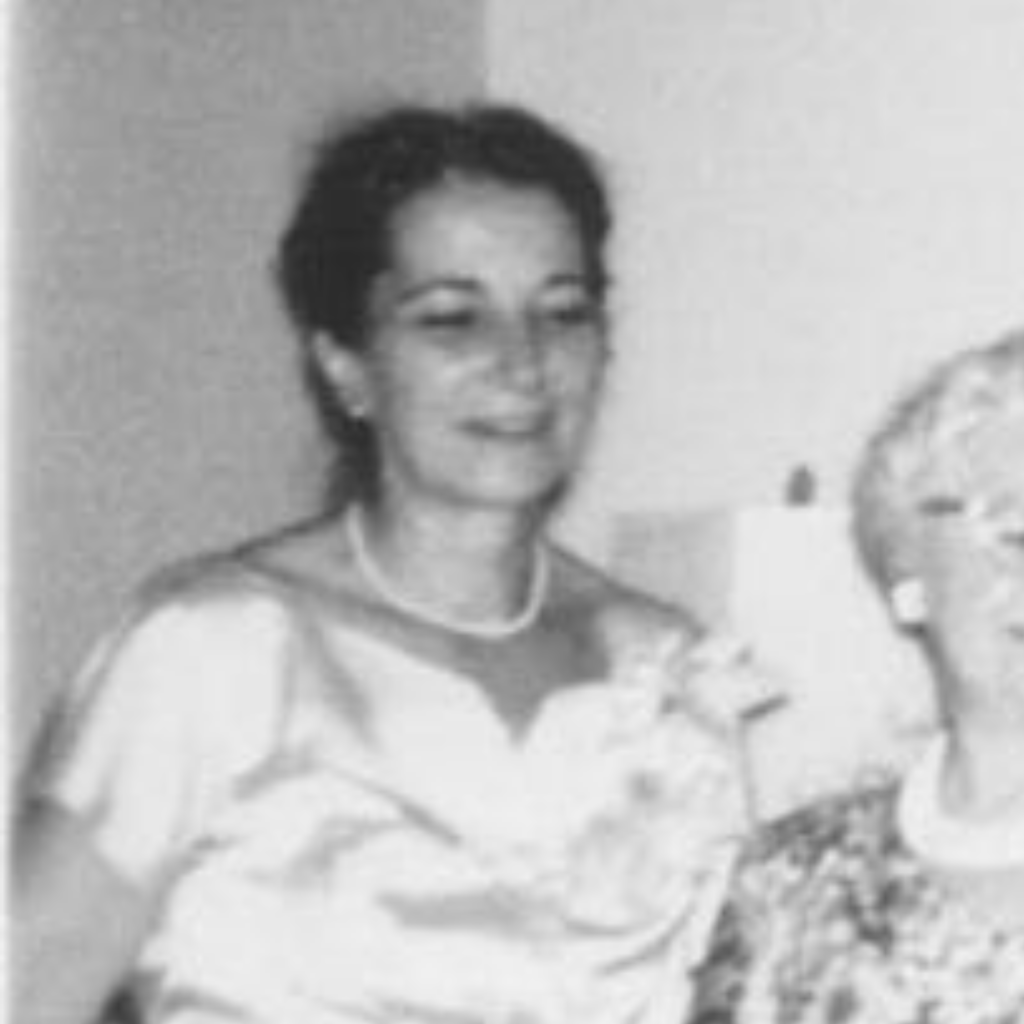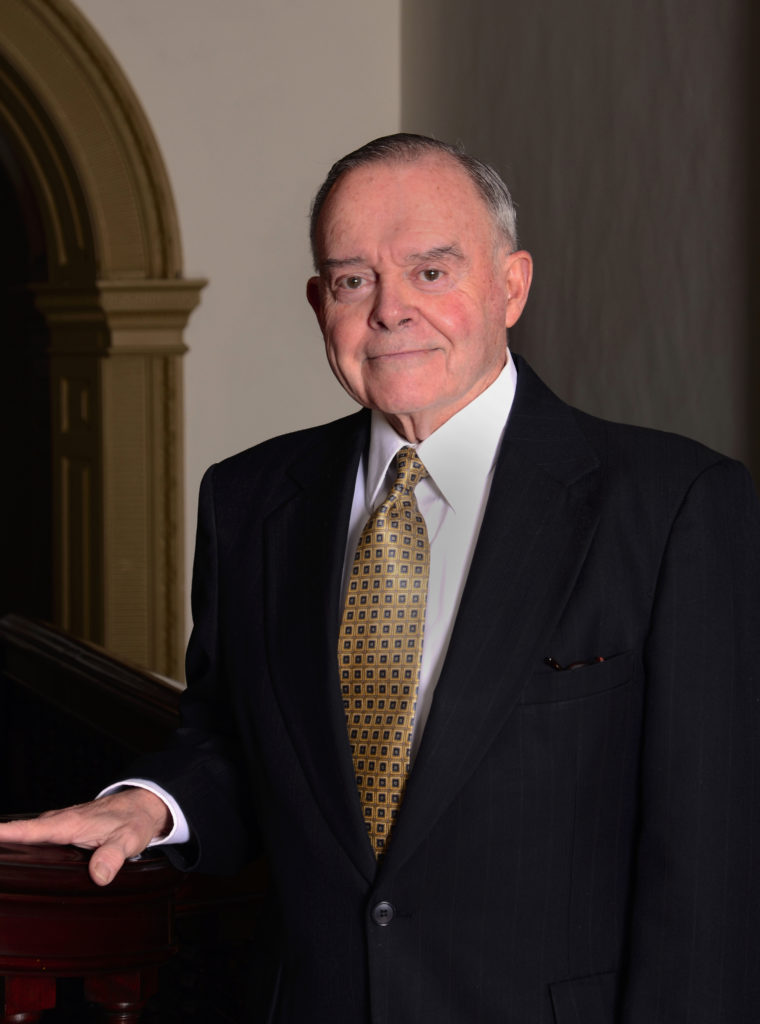Adrian Hall

When a group of Providence theatre lovers founded Trinity Repertory Theatre in 1963, they chose a New York director, originally from Texas, to serve as the first artistic director of the new venture. That man was Adrian Hall, and he went on to fill the role for over 25 years, building Trinity’s international reputation as a destination for theatre lovers.
Under his leadership, Trinity became the first American theater company to perform at the Edinburgh International Festival in Scotland and went on to receive the Tony Award for Outstanding Regional Theater Company in 1981.
Hall was also devoted to sparking the love of theater in young people, launching the Project Discovery program in 1968, which allowed high school students from across the state to attend professional live theater at no cost. His dedication to developing the talents of young artists continued in 1977, with the founding of the Trinity Rep Conservatory, a graduate studies program in acting and directing.
Hall left Trinity Repertory in 1989, returning to Texas to serve as artistic director of the Dallas Theatre Center. In 2011, Hall received the Pell Award from Trinity for his contributions to the theater. Hall is now retired and lives on a ranch in Texas.
Albert Kylberg
Although not a native Rhode Islander, Albert Klyberg dedicated his entire professional career to preserving and celebrating the state’s history. Born in New Jersey, Klyberg was a graduate of the College of Wooster in Ohio and earned a master’s degree in history at the University of Michigan before taking the helm of the Rhode Island Historical Society in 1967.
Klyberg served as Executive Director of the RIHS for three decades, working tirelessly to expand the shared narrative of Rhode Island’s history to include the stories of those who had traditionally been left out, including immigrants, African-Americans, and mill workers. Under his leadership, the RIHS grew to include the Robinson Research Center, the Aldrich House, and the Museum of Work & Culture.
In addition to his work at the RIHS, Klyberg taught history and museum studies courses at the University of Rhode Island, Rhode Island College, Providence College, and Bryant University. He served on the Rhode Island Bicentennial Commission, was an incorporator of the Rhode Island Black Heritage Society, received a presidential appointment to the National Museum Services Board, and received a Doctor of Humane Letters degree from Rhode Island College. He was also the recipient of the Rhode Island Council for the Humanities Tom Roberts Prize for Creative Achievement in the Humanities and an inductee into the Rhode Island Heritage Hall of Fame. Klyberg passed away in 2017 at the age of 76.
Art Lake

For generations of Rhode Islanders, Art Lake was the man who greeted them every morning. Lake was featured on WJAR for over sixty years, first as a radio host in 1944, then as an inaugural broadcaster for Channel 10 in 1949.
In 1963, Lake transitioned from the role of news anchor to weather forecaster. This shift was the foundation of Lake’s local legacy, making meteorology a serious feature of the daily broadcast. During his career, Lake covered some of the worst storms of the 20th century, including 1954’s Hurricane Carol and the Blizzard of ‘78. His consistent presence on the network endeared him to Rhode Islanders, including a young Frank Coletta, who Lake would later collaborate with on Sunrise for almost twenty years.
In 1997, Lake was inducted into the New England Chapter of the National Academy of Television Arts & Sciences Silver Circle to honor his significant contributions to broadcasting. In 2004, he was inducted into the Gold Circle to recognize over fifty years of contributions. Lake retired from Channel 10 in 2006 and passed away three years later in November 2009.
Josefina “Doña Fefa” Rosario

It is often difficult to trace the beginning of a community back to one person, but Josefina Rosario is an outlier. Born in the Dominican Republic in 1928, Rosario was the youngest of 10 children and spent most of her childhood living under the rule of dictator Rafael Trujillo. Under Trujillo, many Dominicans began to flee to the United States, fearing for their lives. Rosario’s own father fell victim to Trujillo’s reign of terror and was murdered by Trujillo’s men when Rosario was 9.
In 1949, Rosario left the Dominican Republic, immigrating to New York and joining her sister, Minerva. It was there that she met her husband Tony, and together they moved to New Haven, Connecticut, before settling in Providence in 1959. Upon her arrival in Providence, Rosario was struck by the lack of available Latino foods and opened the state’s first Latino store: Fefa’s Market on Broad Street. Every two weeks, she and Tony would travel back to New York and New Haven to buy Dominican staples to sell at her store.
It was on these trips that Rosario began to grow the Hispanic population of Providence. She would speak to other Dominican immigrants about the opportunities the city had to offer, convincing many families to move to Rhode Island’s capital. She and her husband offered assistance to many of these families, providing low-rent housing in their triple-decker and helping find permanent employment. Rosario became a beloved fixture in Rhode Island’s growing Hispanic community, often being greeted by the descendants of those she helped, even if she had never met them.
Although her store no longer stands, in 2006 Providence Children’s Museum memorialized Fefa’s Market as part of its interactive “Coming to Rhode Island” exhibit. Rosario passed away in 2018 at the age of 90.
Eleanor Slater

A trailblazer for women in Rhode Island politics, Eleanor Slater served four terms in the General Assembly (1959-1967) and one term as a State Senator (1967-1969). Slater championed fair housing and mental healthcare, sponsoring the Fair Housing Act of 1968 and co-sponsoring the Community Mental Health Act.
After retiring from the Senate, Slater led the Division on Aging, serving for eight years before resigning her position in 1976 to return to college. Having dropped out during the Great Depression, she returned to complete her degree in political science and graduated from the University of Rhode Island at 70.
In 1992, Slater again took on a public role serving as the Rhode Island Democratic Party Executive Director and Spokeswoman at 80.
In 1994, Governor Bruce Sundlun renamed the only state-funded hospital after Slater, honoring her service to the state of Rhode Island and her consistent record of making sure state institutions were serving their communities as well as possible.
Slater passed away in 2006 at the age of 97.

